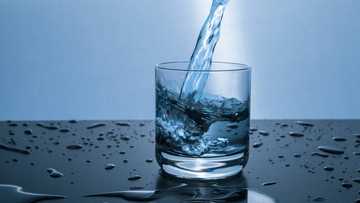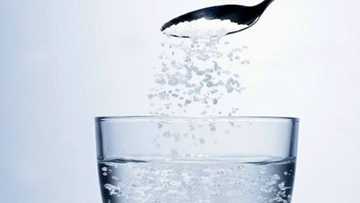Do fish get thirsty and other pressing questions you might have
Do fish ever get thirsty? Do they need to drink water? Such questions are difficult to comprehend and have no accurate answer. The answer to these questions is complex. Although fish live in water, they must consume the same water for normal body functioning. But can fish get thirsty?
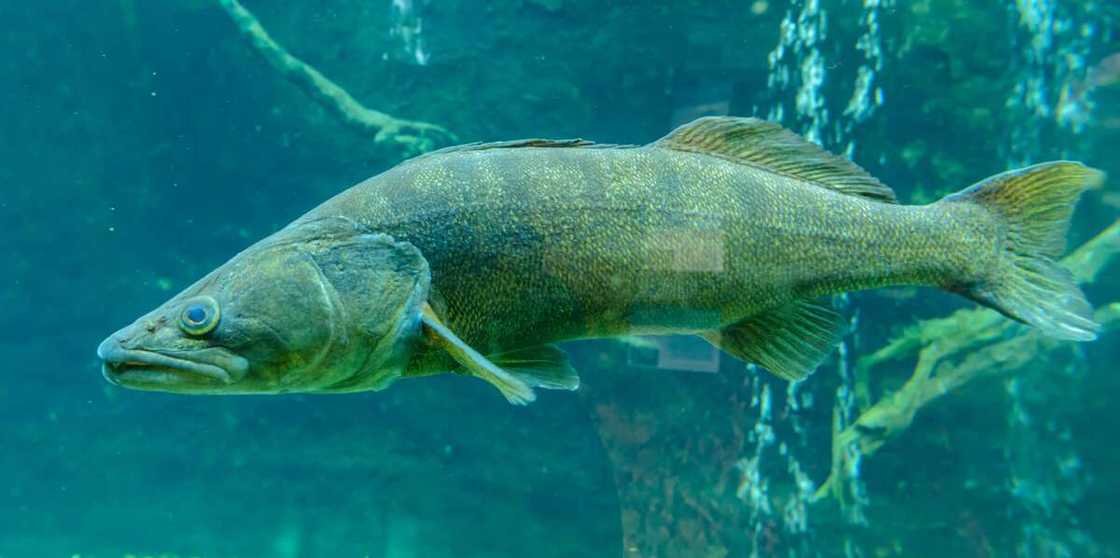
Source: UGC
Most of the time, many things occur naturally and usually, but a more profound thought and probing may leave you wondering why or how they happened. Get more detail in this post by looking at the background of a fish. By understanding its environment of, and how its body functions, you can accurately tell if it gets thirsty.
Do fish get thirsty?
Depending on your understanding, you can answer this question with a yes or no. Fish are amazing animals with some very creative ways of surviving in water, and different species have naturally evolved different solutions.
How often do fish drink water?
Do fish need to drink water? There is no definitive answer since different species have different needs. But generally speaking, most fish only need to drink sparingly. They get much of the moisture they need from the food they eat.
In some cases, however, fish may not get enough moisture from their food and need liquids more often. For example, certain tropical species that live in warmer climates may not be able to find enough moisture in their diet alone, so they drink more often.
However, even in these cases, most fish drink much less than you might expect. They only need to take a few sips daily to be properly hydrated.
The short answer to the question is that fish only need to drink in small quantities. If you have a pond or aquarium, it's essential to provide fresh, clean water in their tank that is changed regularly.
Is it possible for fish to become dehydrated?
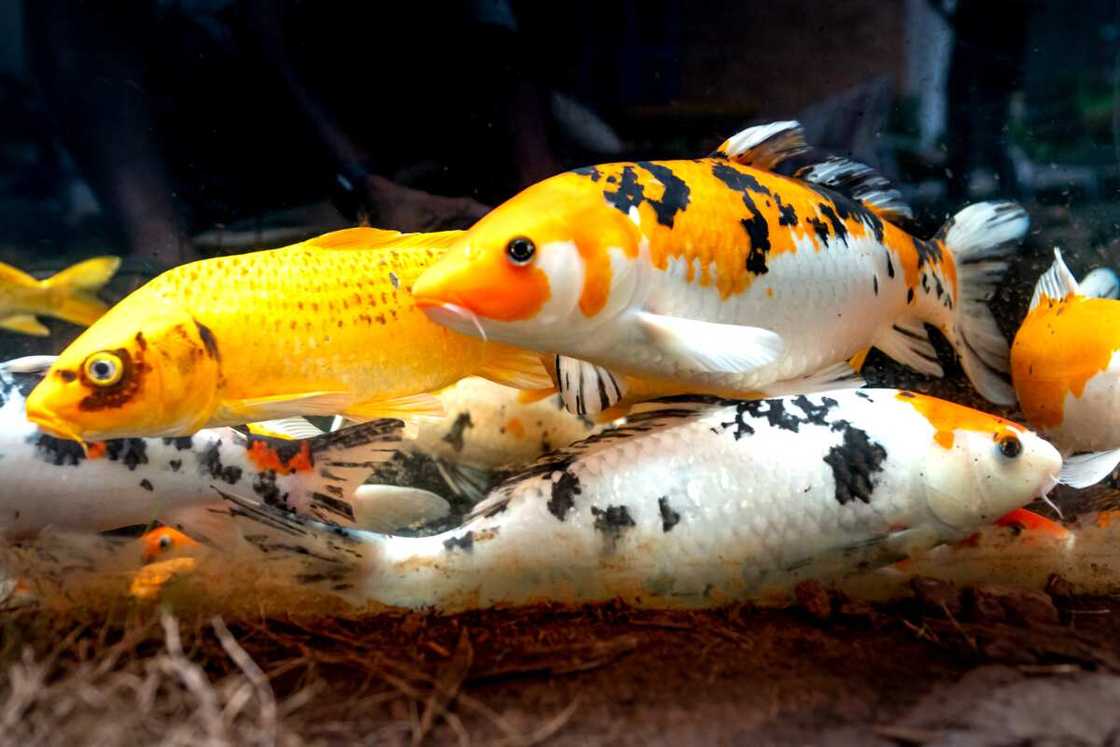
Source: UGC
Yes, it is possible. That can happen due to several different factors, including:
1. Environmental conditions
One of the main factors that can lead to dehydration is poor environmental conditions. For example, water with a high salt content can dehydrate fish over time. In addition, low oxygen levels or poor water quality can also cause dehydration.
2. Diet
The diet can also impact level of hydration. For example, mainly eating dry food or exclusively fed dry food may cause dehydration. Fish should consume a varied diet that includes wet and dry food.
Because fish are cold-blooded animals, they rely on thei environment to maintain their body temperature. In addition, the need for osmosis, the process that transfers water from the environment into their bodies, is crucial for survival. When properly hydrated, a fish's kidneys function properly and produce urine, which helps remove waste products from the bloodstream.
How does fish survive in different environments?
Fish are truly unique animals. They have various shapes, sizes, and colours and can survive in different environments. Depending on the type and the environment, they might have to adapt in different ways to survive.
They can do that by changing their diet or growing other body parts. Here is how the fish survives in different bodies of water to prevent dehydration.
Freshwater fish
Fish are exceptionally well-adapted to life in fresh water. They have evolved several unique adaptations that allow them to survive in environments with low concentrations of dissolved salts. They survive by using two major adaptations:
1. Ion-transporting adenosine triphosphatases
One of the most significant adaptations that allow these aquatic animals to survive in freshwater is their ability to replace small amounts of lost ions from the water. They use a system of ion-transport proteins called ion-transporting adenosine triphosphatases, or ATPases.
These ATPases enable them to regulate their body fluids to maintain the concentration of ions, such as sodium and chloride ions, at optimal levels.
2. Excreting water through grills
Fish have gills capable of excreting large amounts of liquids through osmosis. The large surface area of the gills allows them to effectively dissipate heat and prevent them from overheating in warm water.
Furthermore, fish have evolved kidneys capable of excreting excess moisture that has been taken in through their gills.
Together, these different adaptations allow aquatic creatures to survive in freshwater, although the concentration of dissolved oceanic salts in freshwater is too low for them to survive.
Saltwater fish
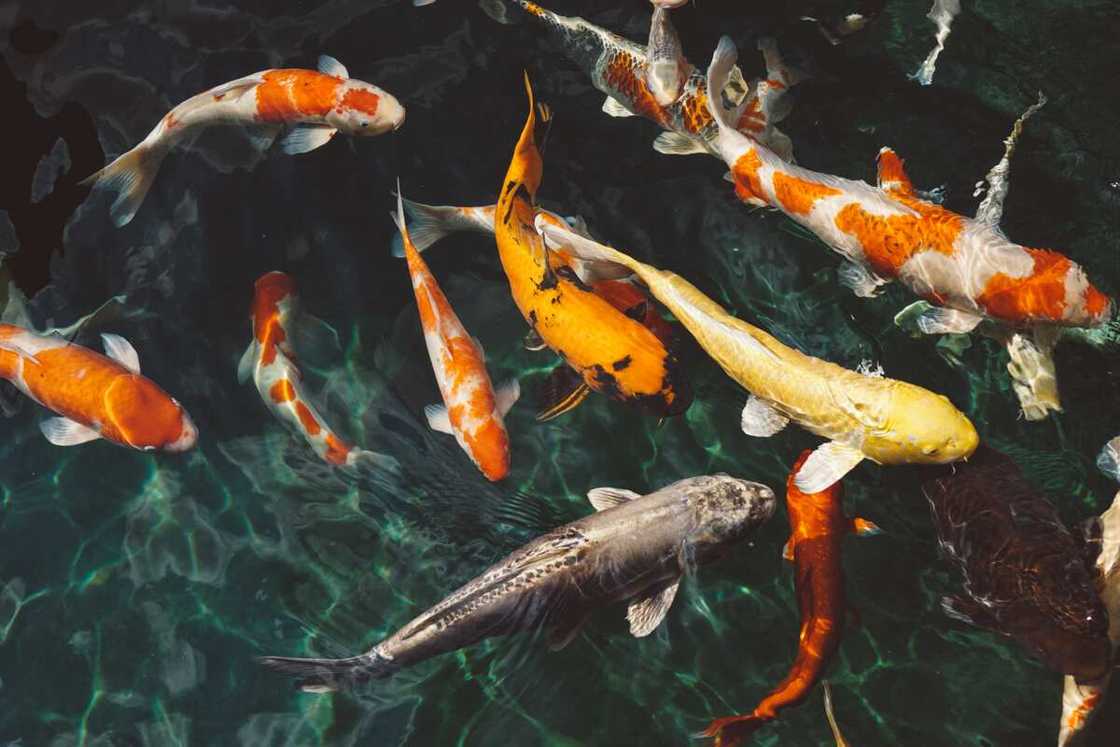
Source: UGC
Fish can survive in salt water due to several physiological adaptations that help them prevent dehydration. These adaptations include:
1. Removing salt through grills
One of the primary adaptations that help fish survive in salt water is their unique ability to control their body's salt level through the gill. The gills allow for active removal of salt from their body, and it is done either by expelling it through special cells called chloride cells or by absorbing fresh water from their environment.
2. Extracting oxygen through grills
Another key adaptation is the ability to extract oxygen through specialized gills. By extracting oxygen directly from the water, fish can maintain a sufficient supply of oxygen in their bloodstream. This happens even when high concentrations of salt surround them.
3. Behavioral adaptations
Many species have developed behavioural adaptations that help them avoid the harsh effects of dehydration in salt water. For example, some species are known to maintain a strong sense of hydration by drinking fresh water from rain or river runoffs or seeking out freshwater springs in the ocean.
Overall, these physiological adaptations help to prevent dehydration in the harsh saline environment of the ocean.
Anadromous fish
Anadromous fishes are a type of fish that migrate between freshwater and seawater. They have evolved different survival strategies. These strategies include:
1. Using a thick mucous layer
A thick mucus layer on their skin helps them to reduce water loss. This mucus layer is a barrier between the animal and the surrounding water, reducing the amount of liquid that can evaporate from their bodies.
2. Use of specialized grills
Specialized gills help them to take up more moisture, and that enables them to reduce the water loss that is naturally occurring.
Other strategies used to survive include adaptations to their digestive system and specialized behaviours that allow them to reduce water loss.
How many days can a fish go without clean water?
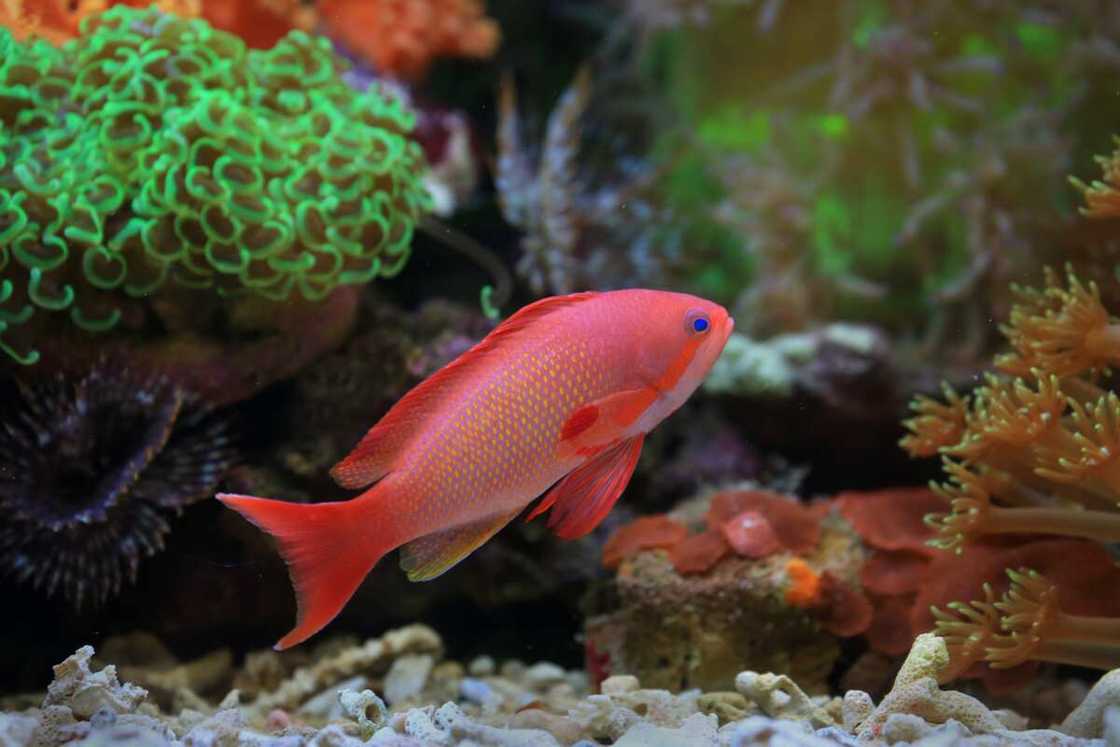
Source: UGC
Generally, they can go without water for several weeks at most if it's a freshwater fish. If it is a saltwater fish, the period is much shorter. Most fish can survive without water for a week or two, and they will begin to show signs of distress.
For example, if the fish is kept in a tank or aquarium, it may start swimming erratically or lay at the bottom of its tank. If you see this happening with your pet, you should provide it with fresh water as soon as possible.
This rule has a few exceptions, however. Some freshwater fish, such as goldfish or koi, can go without water for up to six weeks or more. This is because they can breathe air, allowing them to survive longer without their usual water supply.
Now, if the question is, how long can fish survive out of water, the answer is drastically different. Most species, unless they are amphibious, can last from 10 minutes to a few hours out of their usual habitat. The smaller the species, the shorter the time they can spend in the open air before dying.
Do fish get thirsty? Like any other animal, fishes suffer the urge to consume water. However, their lifestyle makes their thirst unique because of many adaptations. Overall, fish have evolved different strategies to help them survive in water. Whether in anadromous fishes or freshwater species, these adaptations allow them to maintain hydration and avoid the effects of dehydration in salt water.
READ ALSO: Funny fake news headlines that are sure to make you crack up
Legit.ng recently published funny fake news headlines. Some news headlines are strange since you cannot establish whether they are true or fictitious. Despite their uncertainty, some fake news headlines are funny and can make you laugh your head off.
Nowadays, access to information is easy, from print media to the internet. With everybody at liberty to publish whatever they like, it is cumbersome to sift genuine news from fake ones. Regardless of the challenge, some headlines are obviously fake and funny at the same time.
Source: Legit.ng



